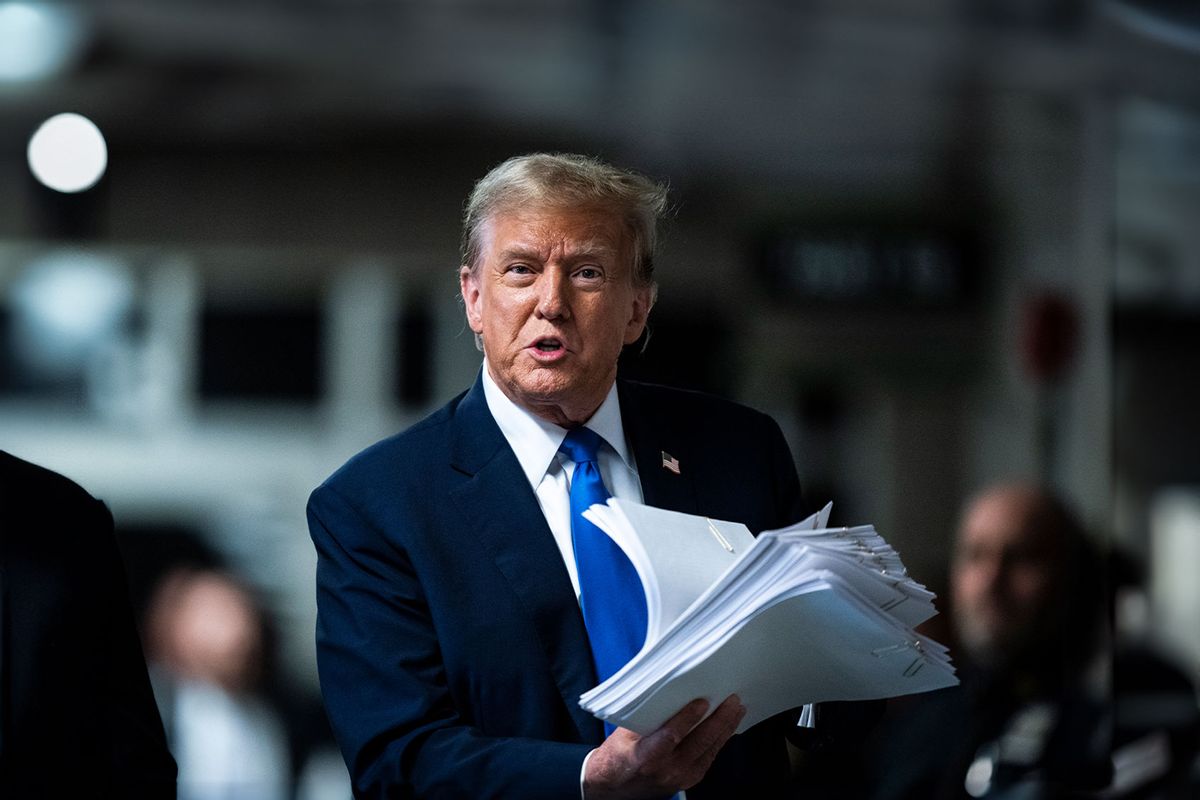Trump lawyer John Sauer argued before the Supreme Court on Thursday that his client and other presidents should be entitled to order an assassination of a political rival without fear of prosecution. The claim came as part of a broader argument that Trump should enjoy absolute immunity for his efforts to overturn the 2020 election.
The exchange came during questioning from Justice Sonia Sotomayor, who sought to know whether immunity for an "official act" would extend to a politically motivated killing.
"If the president decides that his rival is a corrupt person and he orders the military or order someone to assassinate him, is that within his official acts that for which he can get immunity?" Sotomayor asked.
"It would depend on the hypothetical," Sauer responded. "From what we can see, that could well be an official act."
Sauer made a similar assertion during Trump's immunity hearing before the D.C. Court of Appeals in January, telling judges that a president could order Seal Team Six to assassinate a political rival and still be immune from prosecution — unless they were first impeached and convicted by Congress.
On Thursday, Sotomayor argued that position, and the broader argument for presidential immunity, was deeply concerning.
“I am having a hard time thinking... that ordering the assassination of a rival, that accepting a bribe and countless other laws that could be broken for personal gain, that anyone would say that it would be reasonable for a president or any public official to do that,” she said.
Trump, facing charges that he stole classified documents and incited the Jan. 6 attack on the U.S. Capitol, is hoping that the Supreme Court's right-wing majority will render a ruling that would at the very least delay his trials. If he wins in November, Trump could make the cases against him go away, indefinitely, by firing prosecutors or even pardoning himself.



Shares